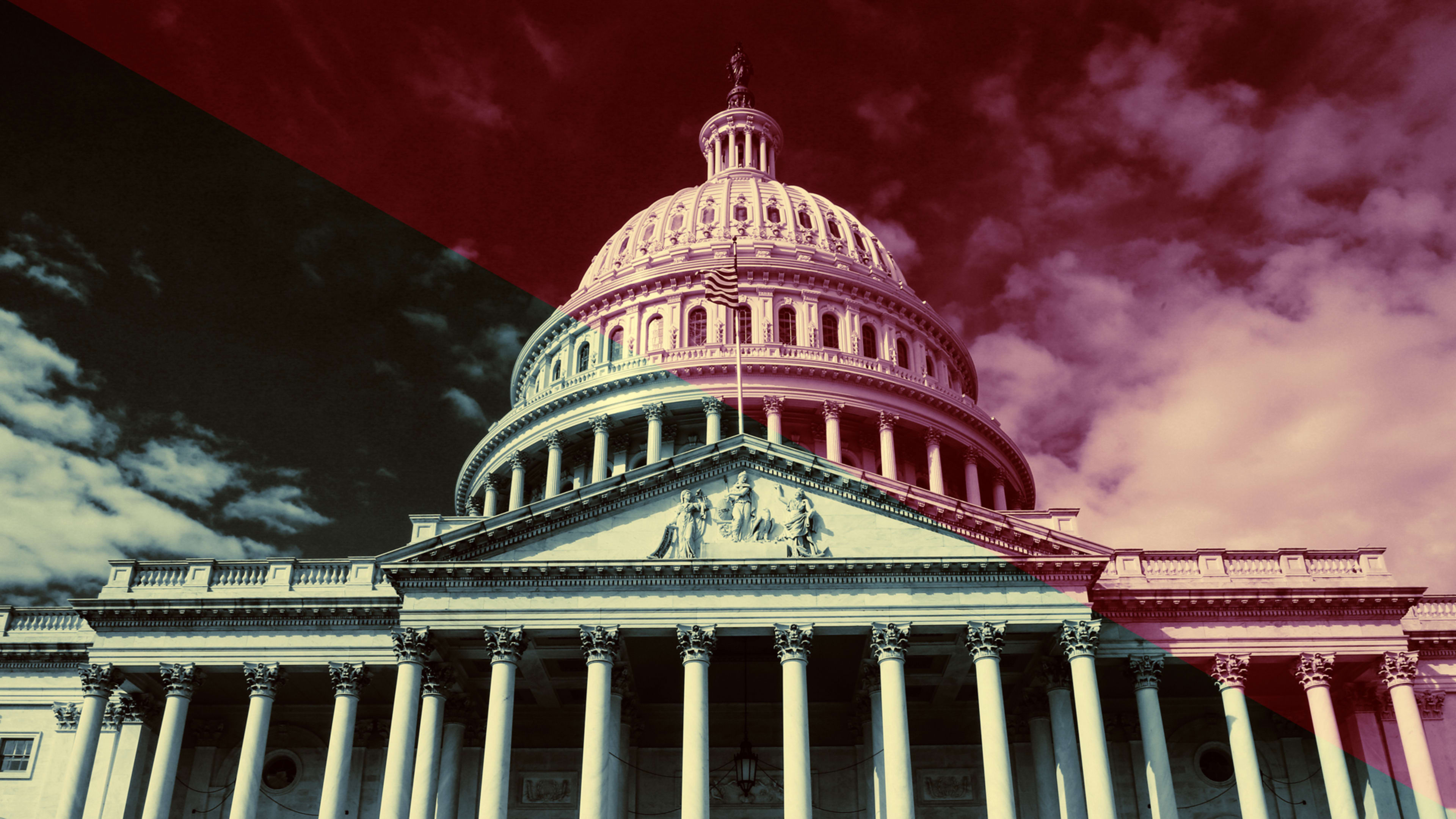A new bill making its way through the U.S. House of Representatives would require employers to make reasonable accommodations for pregnant women who just want to do their jobs while helping to continue the human race.
The Pregnant Workers Fairness Act would require employers to make minor job modifications that would allow pregnant workers to continue in their jobs. While the Pregnancy Discrimination Act of 1978 made it illegal to discriminate against most working people on the basis of pregnancy, childbirth, or related medical conditions, employers are not legally required to accommodate pregnant workers. Some do, of course, but others may find it easier to put a woman on unpaid leave instead of tweaking her workload to allow her to continue.
Twenty-five states, the District of Columbia, and four cities have passed laws requiring some employers to provide reasonable accommodations to pregnant workers, but such protections do not exist on the federal level. The Pregnant Workers Fairness Act bill would protect women in the workforce and also prohibit employers from denying employment opportunities to women based on their need for reasonable accommodations related to pregnancy, childbirth, or related medical conditions.
The legislation, which is modeled after the framework used in the Americans with Disabilities Act, was first introduced by Representative Jerrold Nadler (D-New York) back in 2012. However, that bill was defeated when opponents successfully argued that accommodating pregnant women would place an unfair burden on companies, leaving pregnant women with few federal protections. On Tuesday, the legislation was reintroduced by Nadler and cosponsors John Katko, (R-New York), Lucy McBath, (D-Georgia), Jaime Herrera Beutler, (R-Washington), and Bobby Scott, (D-Virginia), and while it will mostly likely pass in the Democrat-controlled House of Representatives, it’s hard to say if the Republican-controlled Senate will pass the bill, or if President Donald Trump would sign it into law.
Despite opponents’ concern, at least part of the private sector is behind the law, too. Spotify, Levi Strauss, Microsoft, Adobe, L’Oréal USA, ICM Partners, U.S. Women’s Chamber of Commerce, and Amalgamated Bank sent an open letter to Congress in support of the Pregnant Workers Fairness Act.
Recognize your brand’s excellence by applying to this year’s Brands That Matter Awards before the early-rate deadline, May 3.
